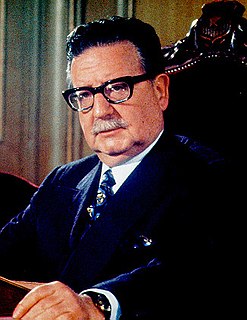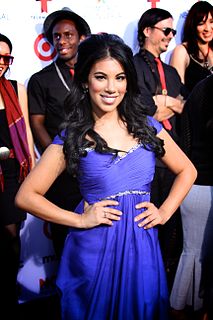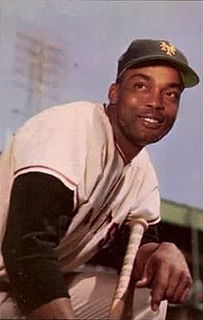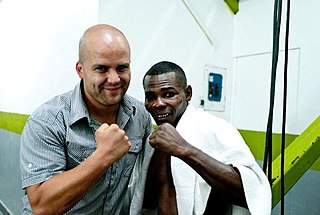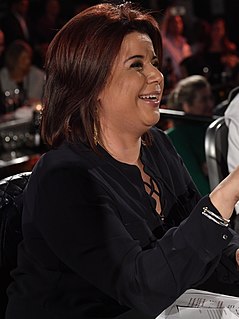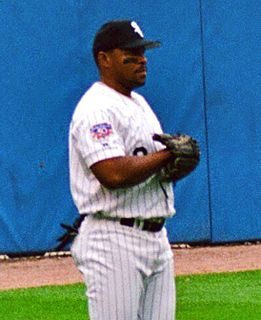A Quote by Lauren Jauregui
My grandparents and my mom came from Cuba back in the '60s because they were fleeing from communism and Castro. I wouldn't be here otherwise.
Related Quotes
If you look at US internal documents, they explain very clearly what the threat of Cuba was. So, back in the early 1960s the State Department described the threat of Cuba as Castro's successful defiance of US policy, going back to the Monroe Doctrine. The Monroe Doctrine established the US claim to dominate the Western hemisphere and Castro was successfully defying that. That's not tolerable. It is like somebody saying "let's have democracy in Greece," and we just can't tolerate that so we have to destroy the threat at its roots.
I have been to Cuba many times. I have spoken many times with Fidel Castro and got to know Commander Ernesto Guevara well enough. I know Cuba's leaders and their struggle. It has been difficult to overcome the blockade. But the reality in Cuba is very different from that in Chile. Cuba came from a dictatorship, and I arrived at the presidency after being senator for 25 years.
The death of Fidel Castro, of course, is not as significant when you first look at it, because Raul Castro, his brother, has been in power for years. But, in fact, he's been a looming figure even during his illness that I think has made a difference in holding us back in trying to open up more negotiations and move ahead with opening up relations between America and Cuba.
We have to remember that literally within months after Castro's taking office the planes from Florida were beginning to bomb Cuba. Within a year, the Eisenhower administration secretly, but formally, decided to overthrow the government. Then came the Bay of Pigs invasion. The Kennedy administration was furious about the failure of the invasion and immediately launched a major terrorist war and economic war that got harsher through the years. Under these conditions it is kind of amazing that Cuba survived.
There were so many Cuban-Americans upset that we were going to Cuba and I was curious to see why they were so angry, and anti-Castro. I found out as soon as we got there. The people were treated terrible. The conditions were terrible. I can see why people risk their lives and limbs to get out. (Fidel Castro) lives like a king and won't help anybody, and has everybody scared to death. Nobody lives a normal life. It was still a good experience, but I thought we should just play that one game.
Communism wasn't a word that I thought of when I went to Cuba. The original Fidelistas were not Communists. They were graduate students at the university and law students. After the Fidelistas took over, they went to Washington and tried to get support from the U.S. government, which turned them down. They were in a desperate political and economic situation, so they took the offer from the Soviet Union. Communism was a matter of necessity.
Cuba continues to be a source of instability in the region. For example, historic numbers of people are fleeing the island of Cuba, putting migratory pressure on the United States. Number two, this Cuban government is anti-American. They sponsor - they allow the Chinese and the Russians to conduct espionage, electronic espionage and others from the island of Cuba.




